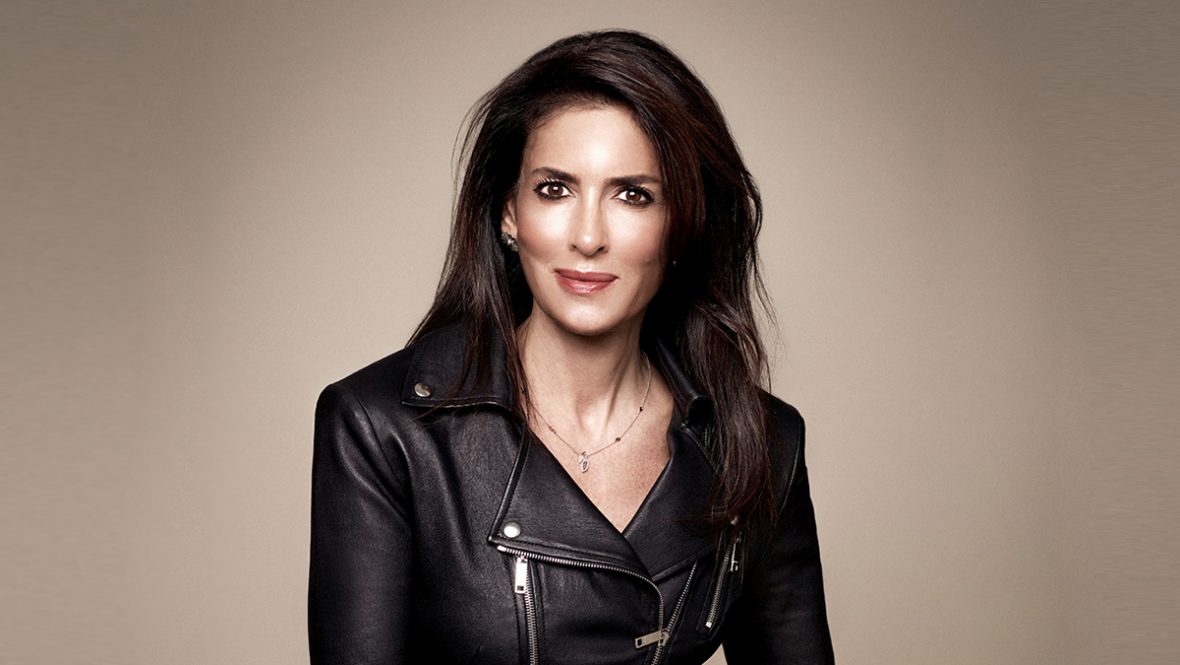Organizations Need to Make Diversity and Inclusion a Fundamental Part of Their Culture
- Press Release
- December 1, 2021
Demet İkiler joined a panel discussing gender mainstreaming in business and human rights and gave key messages to the business world.
İstanbul – December 2021 – On Mon 29 Nov, as part of the 10th UN Forum on Business & Human Rights, GroupM EMEA CEO, and WPP Turkey Country Manager, Demet İkiler joined a panel discussing gender mainstreaming in the business and human rights fields. In her speech, Demet İkiler, as a leader of a company in which women are adequately represented in leadership positions at all levels, gave key and important messages about how to mainstream gender in a particular BHR theme, issue and area.
Inclusion to be fundamental to daily experiences
Demet İkiler, explained that the reasons for the gap between men and women are various and have existed for generations. Further, paradigms and perceptions are held by both men and women. These reasons make the problem difficult to address. Ikiler, stated: “I strongly believe that organizations need to make D&I a fundamental part of their culture. And not just because it’s the right thing to do—it also makes excellent business sense . The positive impact of diversity and inclusion is no longer debatable. However, unfortunately I have seen many organizations adopting a siloed or tick-box approach to gender equality. Organizations today often remain fixated on metrics and categorizing individuals by demographic attributes instead of investing and measuring engagement and experiences. Today’s workforce is looking for organizations to go beyond simply addressing how inclusion looks, to meaningfully addressing how inclusion feels. Many do not want to just participate in a program or activity and leave the inclusion conversation at the door. Instead, they want inclusion to be fundamental to their daily experiences and are willing to move organizations to get it.”
“We created detailed guidebooks”
Ikiler, advised that, besides her professional hats, she is also the Vice Chairperson of the UN Global Compact Turkey roundtable of CEOs, where she leads the diversity & inclusiveness committee. Ikiler continued: “We created detailed guidebooks that serve as guidelines for the business world and help translate intellectual know-how into practical steps. Also, checklists are provided which companies can use for self-assessment, which help companies integrate an intersectional gender approach in all business and human rights issues. This practical guide on D&I is translated to English and has been posted on the UNGC Turkey Website.”
“One size fits all” approach is another challenge
According to Demet İkiler, another challenge is the “one size fits all” approach. Ikiler, explained their parent company, WPP, allows each region to define their own diversity and inclusion initiatives respecting cultural differences and local needs. As a member of WPP’s new Inclusion Council, which encourages active participation of women, girls and LGBTI+ people in decision making processes and strategies, Ikiler said that they are responsible for cascading the global approach and voicing the regional distinctive needs.
In her speech, Ikiler revealed some data on different levels of challenges. According to the latest Global Gender Report of the World Economic Forum, which has been measuring the extent of gender-based gaps since 2006, it is anticipated that the overall global gender gap will close in 99.5 years, on average, across the 107 countries covered. The average score in Middle East and North Africa is 60.5%, whereas the score in European countries is between 71-78%. At the current pace, gender gaps can potentially be closed in 54 years in Western Europe and 140 years in the Middle East and North Africa. These countries are all under my responsibility in GroupM and are at different maturity levels.
And according to the McKinsey report on Corporate America, women continue to face a broken rung at the first step up to becoming a manager: for every 100 men promoted to manager, only 86 women are promoted. As a result, men outnumber women significantly at the manager level, which means that there are far fewer women to promote to higher levels. The broken rung likely explains why representation of women at the senior-manager, director, and vice-president levels has improved more slowly than the pipeline overall.
A greater responsibly
Ikiler also commented on the effects of the pandemic on these challenges stating: “After two years of an ongoing pandemic and social unrest, advertisers are now focused on creating better experiences and more inclusive messaging. Client consciousness around diversity, equity and inclusion is making its way into the media plan. As GroupM, we have direct access to clients and their budgets — this offers a unique opportunity to create real change. I hope everybody makes the choice to challenge him/herself, colleagues, customers and personal connections to work together to make the world a more equitable, fair, and comfortable place for everyone. Of course, creating a diverse and inclusive workplace is easier said than done. A SHRM (Society of HR Management) report recently noted that 41% of managers are “too busy” to implement diversity initiatives. Senior leaders can have a great impact on fostering an inclusive culture, not only by sponsoring the D&I based decisions, initiatives and following the results, but by becoming a role model who continuously grows in this respect. Learning is a never-ending process, which is an antidote to biases and implicit wrongdoings.”
Summing up, Ikiler, gave the key message of, “Each of us, each day, can choose to help build a better world for women and marginalized communities of all kinds, and it’s up to us to rise to the challenge.”
